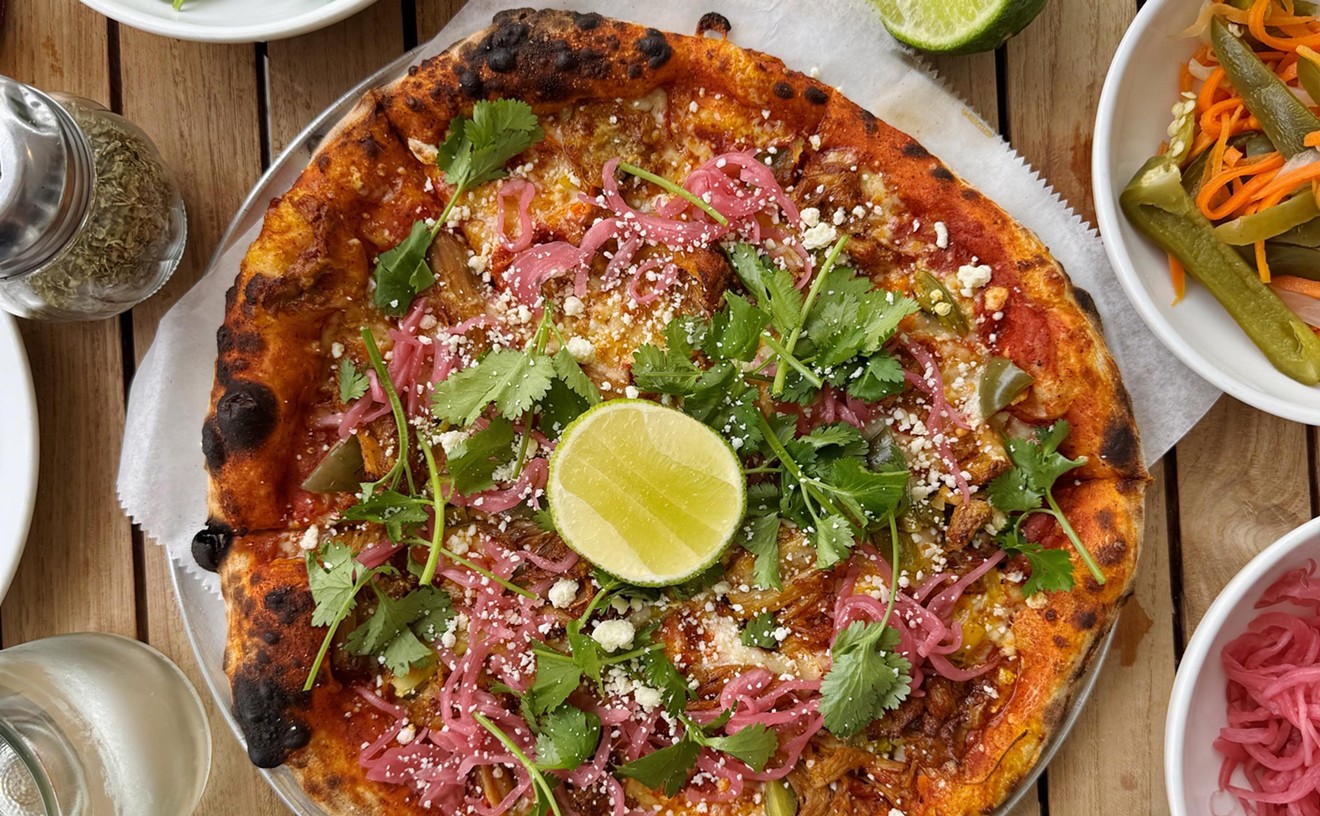For months, the City of Miami Beach has been cracking down on Airbnb. In March, the city increased penalties on illegal renters from $500 for a first violation to $20,000. And from March through August, the city — where a huge part of Airbnb properties are located — levied $1.6 million in fines and evicted 31 renters caught in apartments.
Now the property rental business is fighting back. It has issued a report that claims it has done a great service for Miami's restaurant scene.
Airbnb guests in major destinations across the world were queried about their activities from September 2015 to September 2016. The findings show that about $1.5 billion was spent on restaurants in 19 major U.S. cities, with about $50 million spent at Miami restaurants. Each guest spent an average of $253 per day, with 29 percent of that amount on food. About $50 to $90 was spent per night on dining.
Other U.S. cities fared just as well or better. New York City was the clear winner, with $470 million in restaurant revenue generated by Airbnb guests, followed by Los Angeles, with $236 million, and San Francisco, with $107 million.
Most surprising is the fact that the survey included only the city of Miami — not Miami Beach, according to Ben Breit, public affairs lead for Airbnb in Florida. In fact, some of the most popular destinations for Airbnb guests are in neighborhoods not traditionally known for high tourism traffic. "Wynwood is skyrocketing. People just want to be there. Little Haiti has been very popular." Little Haiti alone has 88 Airbnb listings. Breit also cited Little Havana and Coconut Grove as some of the more popular Airbnb destinations.
More good news is that, according to this Airbnb survey, the summer's Zika outbreak didn't have as much of a detrimental impact as previously thought. Per Breit, "I actually took a look at our numbers since the Zika story. At least on the Airbnb platform, we haven't seen any drops since the Zika scare, and that was really refreshing. [Guests] weren't being scared away. They were still traveling to Miami for business and leisure."
Miami, Breit says, is the home-sharing company's fourth-strongest market domestically, with many guests looking for an experience that's more authentic than staying at a large chain resort. "I think what was particularly exciting was seeing how this contributes to economic development in neighborhoods that don't have hotels that are up-and-coming."
The Airbnb representative adds
Breit also says Airbnb guests are far more likely to explore smaller restaurants that aren't normally on a visitor's radar thanks to hosts' guidebooks. "It's not just lodging. It's tips like finding that little hole in the wall, and it's not coming from us; it's coming from locals who live in the area. That's something we're excited about, and it's something we want to be a part of. We want to be a part of fostering that economic development."
According to Breit, Miami's tourism future seems bright, especially in neighborhoods for people seeking a true taste of what the Magic City really is. "We're not anticipating any type of downturn. We're seeing more and more people in Miami's neighborhoods realizing that this is an interesting, innovative way to make a few extra bucks."










